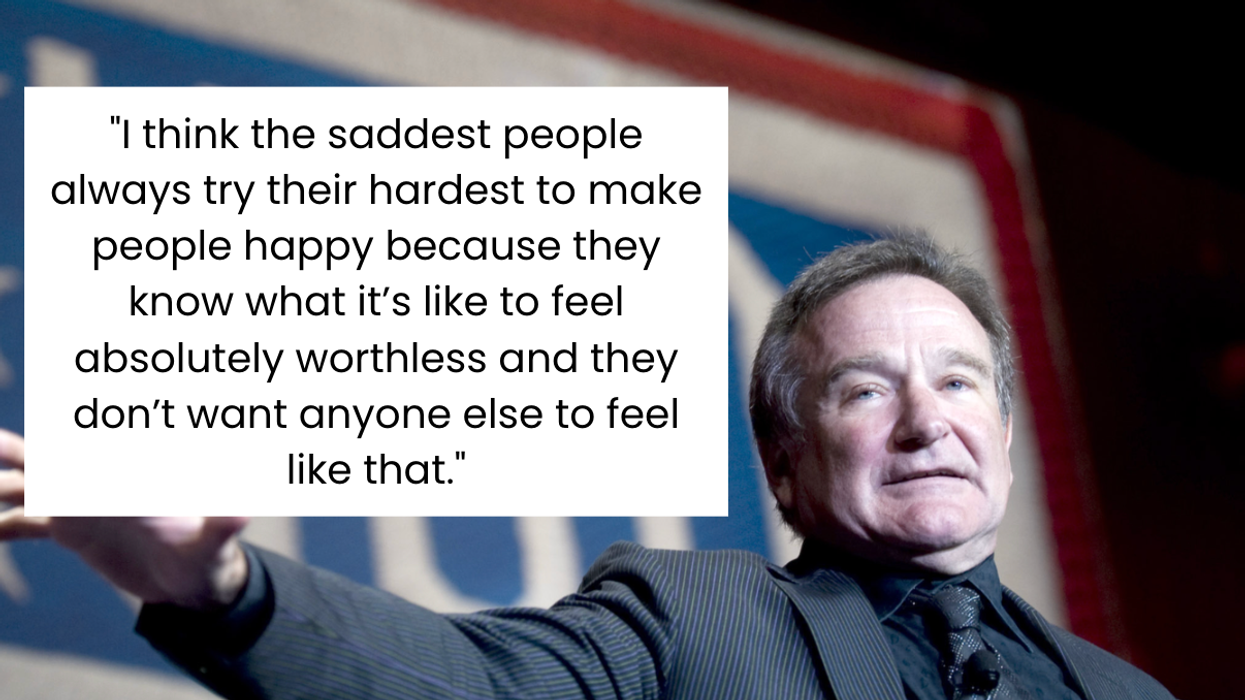Time for a little policy talk, and a quick clarification: The Food and Drug Administration is as powerful as Congress makes it. So the headline is a little misleading (as most headlines are). It's not the FDA's fault, per se, that it can't protect you from your personal care products—the agency is as powerful as the laws it enforces. The bad news is, those laws don't make them very powerful at all, leaving lots of room for enterprising businesses to use any and every ingredient under the sun in their products. And do they ever!
At the same time, as consumers, there's an implicit trust that when you buy a personal care product—be it shampoo, mascara, baby wash, or shaving cream—that it has been vetted for safety by some publicly accountable health agency. And we're here to tell you that's not the case.
Last month, three Congresspeople introduced a landmark bill—the Safe Cosmetics Act of 2010—which, if it were passed into law, would change all this. You can show your support for the bill by writing to your members of Congress. (How to do that, here.) In the meantime, there are some things you should know...
This is a series inspired by No More Dirty Looks: The Truth About Your Beauty Products and the Ultimate Guide to Safe and Clean Cosmetics, a book by GOOD's features editor Siobhan O'Connor and her co-author Alexandra Spunt.
Read more on their blog
Illustrations by Brianna Harden

















 Robin Williams performs for military men and women as part of a United Service Organization (USO) show on board Camp Phoenix in December 2007
Robin Williams performs for military men and women as part of a United Service Organization (USO) show on board Camp Phoenix in December 2007 Gif of Robin Williams via
Gif of Robin Williams via 
 People on a beautiful hike.Photo credit:
People on a beautiful hike.Photo credit:  A healthy senior couple.Photo credit:
A healthy senior couple.Photo credit:  A diverse group of friends together.Photo credit:
A diverse group of friends together.Photo credit:  A doctor connects with a young boy.
A doctor connects with a young boy.  Self talk in front of the mirror.Photo credit:
Self talk in front of the mirror.Photo credit:  Lightbulb of ideas.Photo credit
Lightbulb of ideas.Photo credit 

 Superstructure of the Kola Superdeep Borehole, 2007
Superstructure of the Kola Superdeep Borehole, 2007 

